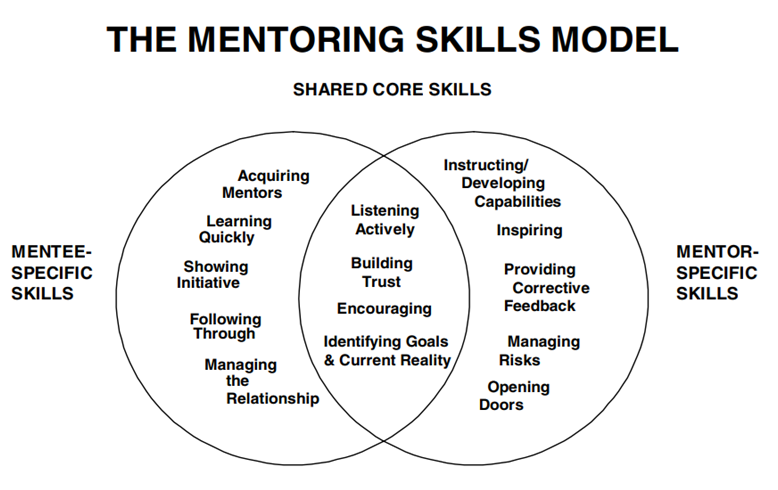Have you ever questioned the authenticity of the food on
your table? Have you ever experimented with your ingredients to check their
purity? In my STEAM-based Global Outlook (G.O) subject, I designed a lesson plan for
Grade VII to test basic commodities we consume every day, like milk, honey,
salt, turmeric, and pepper, and determine their authenticity.
The aim of this lesson was to:
- Research
methodologies to assess the originality of the product.
- Determine
the authenticity of the commodity through experimentation.
- Spread
awareness to determine the originality of the product in the local
community.
As usual, I briefed my team of G.O. teachers on the lesson plan and left it in their capable hands to execute it. Observing the class conducted by my teachers reinforced my belief that a great teacher has the power to inspire students.
The lead teacher had the microphone and guided students to navigate from one test to another. The students noted down their observations after discussions with the groups. The canteen was bustling as students were deeply engaged in discussions and experiments, their focus entirely on the tasks allocated to them. They had looks of awe and wonder, and as a Head Teacher, I never felt this level of satisfaction. Seeing students display a joy for research, experiments, and exploration, and including each other in the discussion, tells us that we are on the right path.
Students testing authenticity of pepper seeds. If it floats, it is impure and basically papaya seeds.
I personally went from table to table, asking about their
results and whether they were enjoying the experience. Every table had students
informing me that they were having fun and that they would inform their parents
of these results so they could buy more authentic food.
STEM is truly everywhere; we just need to get students to
look around and connect the concepts they learn in class to day-to-day
phenomena and activities, and voila, their interest will grow.
From experience, designing a lesson plan and seeing it come
to life are two different experiences. Sometimes the best lessons fail because
the planner and the executor are not on the same page. However, a combination
of a well-crafted lesson plan and robust delivery by experienced teachers can
raise the standard of learning outcomes and take it to another level
completely. I am completely grateful to my amazing team of teachers who have
given wings to my subject.
I have attached my lesson plan for your use and test for food authenticity. Do share your class experience.
Lesson Plan on Determining food authenticity


















